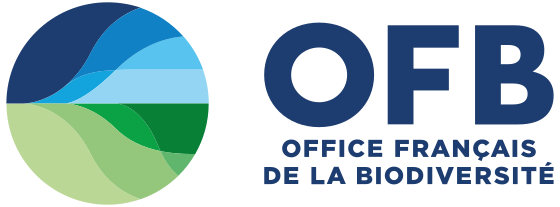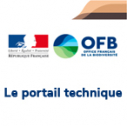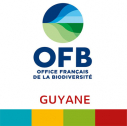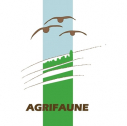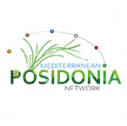Enhancing Resilience with the Explorer Project : Nature-Based Solutions for Sustainable Agriculture in Guadeloupe
How did the Explorer Project in Guadeloupe improve agricultural resilience to climate hazards through nature-based solutions?
The feedback sheets developed by CDC-Biodiversité, the French UICN Committee, and the OFB as part of the Life ARTISAN project aim to inspire public and private decision-makers, planners, forest and agricultural landowners, or protected area managers interested in implementing a Nature-Based Solutions project. They offer insights into socio-economic and ecological contexts, funding sources, stakeholders, governance, implemented actions, outcomes, monitoring indicators, success factors, and recommendations.
The Explorer Project (2019-2022) in Guadeloupe developed a climate-smart agriculture model on the INRAE’s Petit-Bourg estate, focusing on enhancing the resilience of tropical agrosystems to climate hazards through the introduction of local, complementary plants and the increase of organic carbon in the soil. This approach not only bolstered water retention capabilities but also diversified crops, significantly boosting biodiversity by increasing the variety of plant species and enhancing habitats for birds and soil fauna. The project also contributed to food self-sufficiency by producing varied, local, and healthy food without chemical fertilizers, maintaining high productivity and doubling the number of people fed per hectare compared to regional averages. Additionally, it achieved a notable CO2 sequestration rate, helping mitigate climate change impacts.

